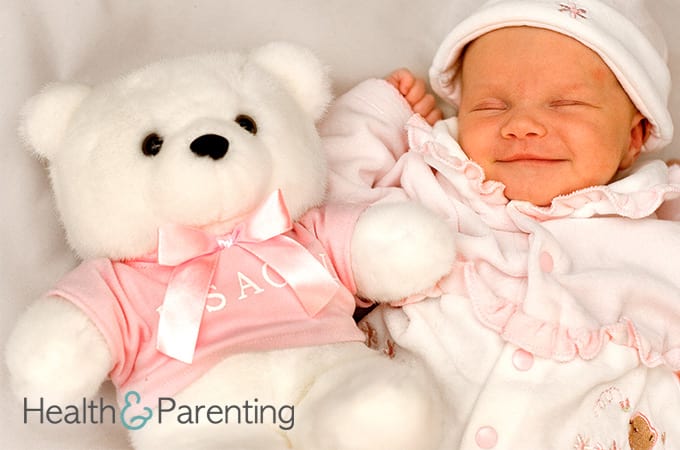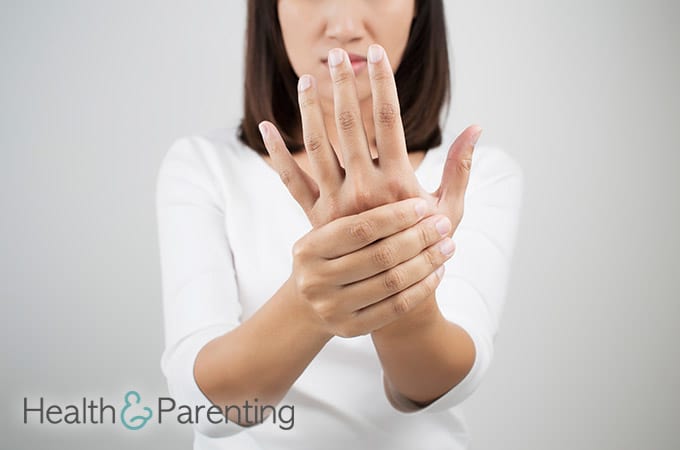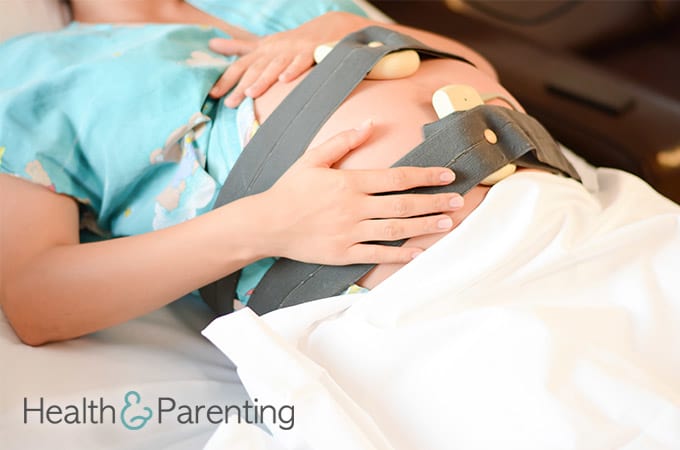Immediately after the birth, once the umbilical cord has been cut and clamped, it is possible to collect any blood left in the umbilical cord. This cord blood can be stored for future use. Cord blood is rich in stem cells, which can be used to treat a number of diseases, and repair tissues and organs.
Stem cells have so far been used to successfully treat over 70 different diseases. Research is ongoing, and lots of money is being spent on figuring out new treatments using these cells. Stem cells have so far been used to treat leukaemia, non-Hodgkin’s lymphoma and rare metabolic disorders in babies.
Collecting the blood
Cord blood collection is a safe and painless procedure for both you and your baby. After the birth, once your baby’s umbilical cord has been cut and clamped, the blood can be collected. The blood is collected from the part of the umbilical cord still attached to the placenta, not from the bit attached to your baby. A needle is inserted into the umbilical cord (not the bit attached to your baby, remember). The procedure takes 10 minutes, and up to five ounces of blood will be collected.
Donating the blood
Cord blood can be donated to a public cord blood bank. The blood will then be stored until it is needed. Cord blood can be stored for up to 20 years. Lots of people rely on donated cord blood for treatment. As many as 70% of those in need do not have a family match, meaning they need to find a match in a public cord blood bank.
Donated cord blood can be sent across the world to help a patient in need. Though the banks are far from empty, more cord blood is always needed.
How to donate
If you don’t consent to cord blood donation, any blood left in the umbilical cord will simply be disposed of along with the placenta after the birth. If you would like to donate cord blood, you will need to consent before the birth. The cord blood will be collected by a specialist, someone who is not involved in delivering your baby, so this will need to be arranged in advance.
Not all hospitals are able to collect cord blood, so you will need to check whether your hospital is able to. Speak to your healthcare provider for more information about banking cord blood.
Are you considering donating cord blood?
Written by Fiona, proud owner of a toddler, @fiona_peacock
This information is not intended to replace the advice of a trained medical doctor. Health & Parenting Ltd disclaims any liability for the decisions you make based on this information, which is provided to you on a general information basis only and not as a substitute for personalized medical advice. All contents copyright © Health & Parenting Ltd 2018. All rights reserved.



















